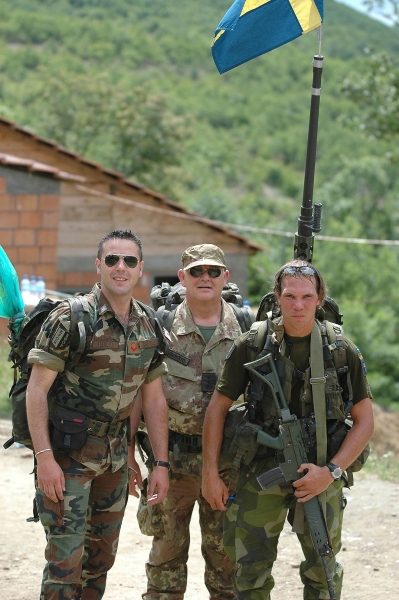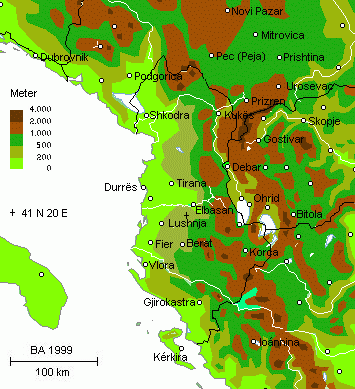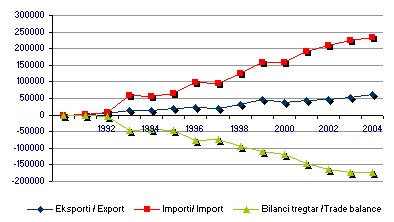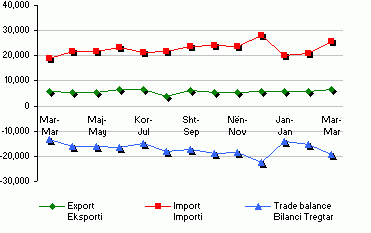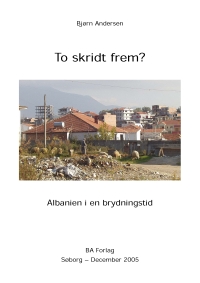Sidste Nyt fra Albanien, Kosóva og Makedonien
The Latest News from Albania, Kosóva and Macedonia
# 307 - 8' årgang - 16.06.2006
Version 1.1 •
PDF for printing •
Info om »Sidste Nyt«
Udgiver:
Bjørn Andersen
Publisher:
Bjoern Andersen
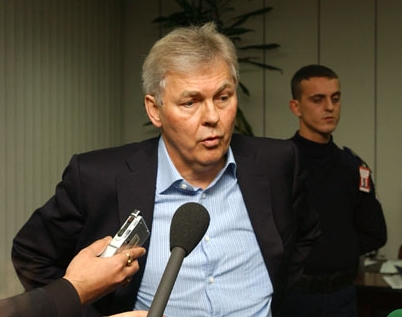
Søren Jessen-Petersen, JAN 2006, Photo: UNMIK. Se under: Kosóva.
![]()


